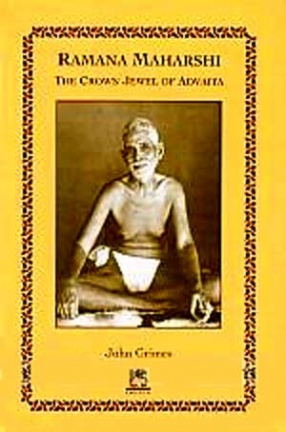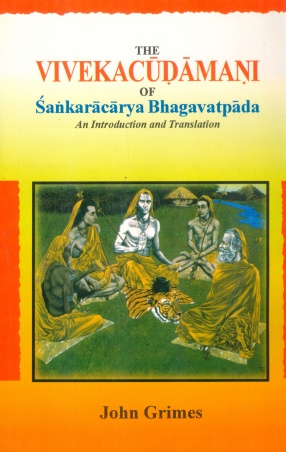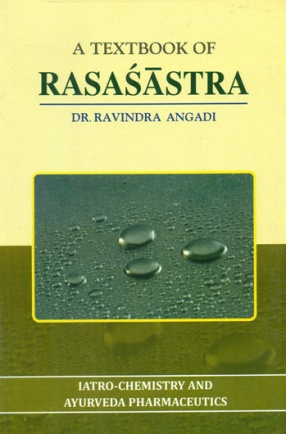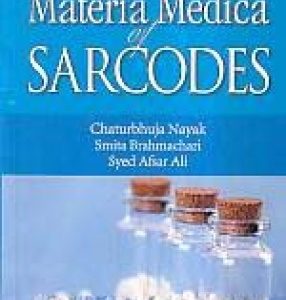An Advaita Vedanta Perspective on Language is an attempt to solve the problem(s) inherent in religious assertions. Philosophers in general and linguistic philosophers in particular are concerned with what can and cannot be expressed in language. The problem is: How to talk intelligibly about a divine subject-matter using ordinary, mundane human language? Religious discourse uses ordinary words of day-to-day discourse in an extraordinary way. What is the justification for this special use of ordinary language? What do the words of religious discourse mean and what function(s) do they have? Are they cognitive, factual, and verifiable or are they non-cognitive, non-factual, and unverifiable. This thesis depicts two paradigmatic approaches to these questions. Either religious discourse refers to an ‘other’ and the approach to this remote and foreign ‘other’ must be through perception or mediated concepts; or religious discourse anything whatsoever and as such is self-evident, immediate, and certain. The former approach postulates a gap between the Reality and the individual while the latter approach emphasizes identity. Advaita’s solution declares that religious discourse primarily concerned individuals, here and now, and not a God, above and beyond. Methodologically its analysis commences with existence and culminates in essence – declaring that in fact the two are not different. It refers to that which is immediately evident and immanently present-unlike the general approach to an ‘other’, which, in one degree or another, searches ‘elsewhere’.
An Advatia Vedanta Perspective on Language
In stock
Free & Quick Delivery Worldwide
reviews
Bibliographic information
Title
An Advatia Vedanta Perspective on Language
Author
Edition
1st ed.
Publisher
ISBN
8170302501
Length
xviii+288p., Bibliography; Index; 23cm.
Subjects







There are no reviews yet.